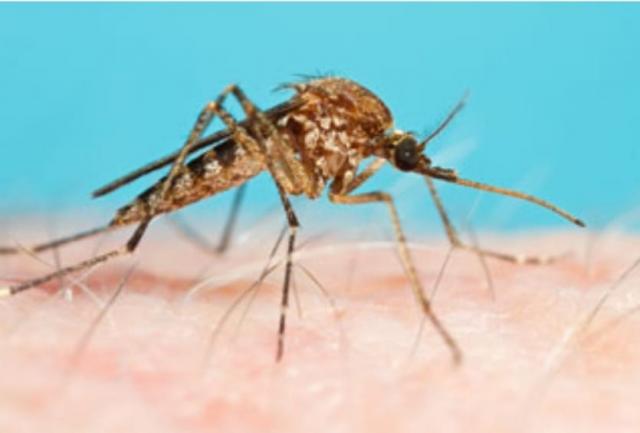Research published in the Australian and New Zealand Journal of Public Health has highlighted the serious risk that Japanese Encephalitis (JE) poses, with residents and travellers in south-eastern Australia only recently being exposed to the virus for the first time.
The paper has outlined that the JE virus can infect a large number of people in affected areas where mosquitoes carry the disease.
Of those infected, it was estimated that about one in 100 people will develop illness, including a serious infection of the brain (encephalitis).
Of those who develop encephalitis, mortality was typically between 20 and 30 per cent, while 30 to 50 per cent of cases developed long-term neurological disability following infection.
Article co-author and deputy chief health officer Associate Professor Deborah Friedman said Australians were more vulnerable to the virus because they have not had prior exposure to it.
“Prior to 2022, the disease was found in the Torres Strait, Papua New Guinea and in Asia with only a small number of cases acquired in far north Queensland in the 1990s,” she said.
“However, locally acquired cases of the disease were reported in south-eastern Australia in March 2022.
“In this study, we investigated whether there was evidence of JE infection among populations exposed to the disease for the first time.”
Associate Professor Friedman said the research was a timely reminder that mosquito-borne diseases are circulating in Victoria and other parts of Australia ahead of the Easter long weekend.
“Testing in Northern Victoria shows that approximately three per cent of people in affected areas where mosquitoes carry the disease have been infected – a much larger proportion of people than the number of reported cases of illness,” she said.
“If you live in or are travelling to affected regions this Easter, protect yourself from mosquitoes with repellent and wear light coloured, loose covering clothing.
“Avoid being outside at peak mosquito times including dawn and dusk and dispose of any stagnant water where mosquitoes can breed.”
Details: www.health.gov.au/diseases/japanese-encephalitis







